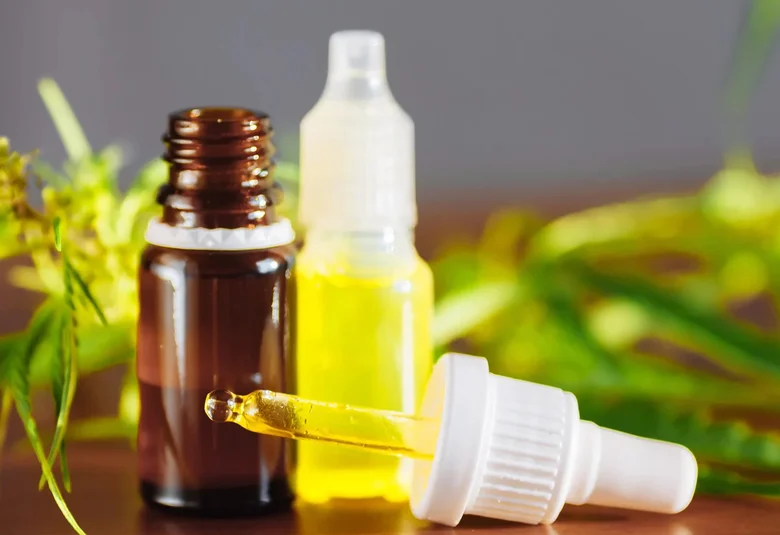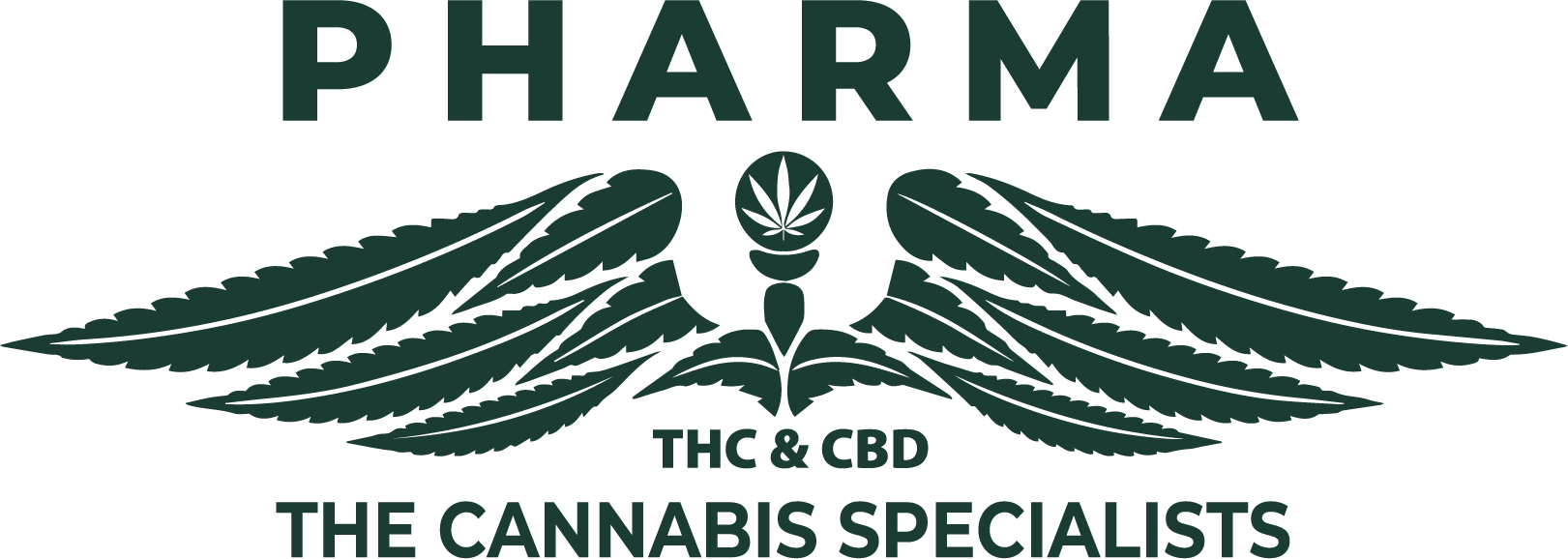What Is the Difference between Total THC, Delta 8 THC, and Delta 9 THC, and What This Means to You

From a legal standpoint, the hemp products industry is in its infancy. For much of the last century, hemp and hemp products have either been illegal on a federal level or burdened with a level of taxation and compliance that made hemp products commercially nonviable.
It wasn’t until the passing of the Agricultural Improvement Act (a.k.a. The Farm Bill) in 2018 that hemp products like those that feature CBD and Delta 8 THC became legal. Since then, the hemp industry has grown by legendary proportions. Unfortunately, especially with a burgeoning business, there are often new hurdles and challenges to face. One of those hurdles that the hemp industry now faces is how the total THC of a product factors into whether or not a hemp-derived product is considered legal on a federal level.
THC Designations and Their Current Legal Standing
To fully explore the current challenges to the legality of hemp products, it is beneficial to first fully define the difference between Total THC, Delta 8 THC, and Delta 9 THC before we explore any legal challenges and what these challenges may mean to you.
Delta 9 THC
There are a handful of THC molecules within the cannabis plant, and Delta 9 THC is the most well-known. When someone hears the term THC, this is likely the molecule that is being discussed. This cannabinoid is found in large quantities in the marijuana variety of the cannabis plant. It is famous for its psychotropic effects as it gives the user the feeling of being high. According to the specific wording of The Farm Bill of 2018, hemp products that contain no more than 0.3% Delta 9 THC are legal on a federal level throughout the United States.
Delta 8 THC
Delta 8 THC is another cannabinoid found in the cannabis plant but in much lesser quantities. The quantity of Delta 8 THC in a mature cannabis plant is so low that the cannabinoid has to be made through a chemical process that converts CBD and other cannabinoids into Delta 8 THC to make it economically viable. This cannabinoid does create an intoxicating effect, but not nearly to the degree of Delta 9 THC.
Because of the wording of The Farm Bill, Delta 8 THC remains legal on a federal level. However, because this cannabinoid has to be created through a chemical process, the DEA has challenged its legality, and it is currently considered illegal in 11 states.
THCA
While not listed in the title of this article, THCA (tetrahydrocannabinolic acid) plays a significant part in the subject matter we are covering. THCA is the acid version of THC and has no intoxicating effects. It is found in various quantities in the cannabis plant, depending on the strain of the plant. When heated, THCA goes through a process called decarboxylation, where the THCA molecules become Delta 9 THC molecules. THCA is currently federally legal, but the fact that it can change into Delta 9 THC is the source of the current legal debate.
Total THC
Suppose you inspect the Certificate of Analysis (COA) from a laboratory that analyzes the properties of a hemp product. In that case, you will notice that this lab report shows the content of the cannabinoids within the sample examined. This content is usually expressed as a percentage of the overall mass and by weight. Most COAs will list the amount of Delta 9 THC, Delta 8 THC, and THCA in the sample. The Total THC number shown is a calculation that adds the amount of Delta 9 THC to the amount of THCA in the sample multiplied by 87.7%. For example, a hemp sample that showed 5% Delta 9 THC and 10% THCA would have a Total THC of 13.77% (5% + (10% x 87.7%)). The 87.7% applied to the THCA level is because 87.7% of the THCA content can theoretically be converted to Delta 9 THC.
What This Means to You
The debate over Total THC and its application to a hemp product’s legal status is at the center of the hemp industry’s challenge. The wording of The Farm Bill clearly identifies Delta 9 THC as the cannabinoid that is restricted to 0.3% in a hemp product for it to be federally legal. However, there are those who believe that because THCA can be converted into Delta 9 THC, it should also be considered in the legal calculation. Therefore, they believe that the Total THC level instead of just the Delta 9 THC level in a product should be the determining factor. There are several flaws in this logic.
The first flaw is that a commonly used testing method to determine the level of THC in a product requires the heating of the sample. Delta 9 THC is created by the heating of THCA (decarboxylation). Therefore, this testing method to determine the level of Delta 9 THC actually creates more Delta 9 THC. Additionally, much of the legislation and USDA rules being considered requires the hemp samples to be tested using this method.
The second primary flaw in this logic is the fact that it applies the same argument to all hemp product types. The reasoning has some relevance when you consider hemp vape or smoke products because they are heated. However, edibles, tinctures, topicals, and capsules are not heated and do not create additional Delta 9 THC.
What all of this legal wrangling means to you is that the different types of THC and their legal status affect your ability to access CBD and Delta 8 THC products now and in the future. The hemp industry is already burdened as it struggles to produce hemp and hemp-derived products that meet the current 0.3% Delta 9 THC guidelines. Often, entire hemp crops are destroyed because they are above this level and classified as a hot crop. If the USDA insists on adopting 0.3% Total THC as the guideline, it could cripple the hemp industry and limit the availability of CBD, Delta 8 THC, and other hemp-derived products.
Stock Up with PharmaCBD!
While the hemp industry rises to meet these new challenges, you can count on PharmaCBD to have plenty of CBD and Delta 8 THC hemp flower, edibles, and tinctures for you to stock up on. Shop with us today!
